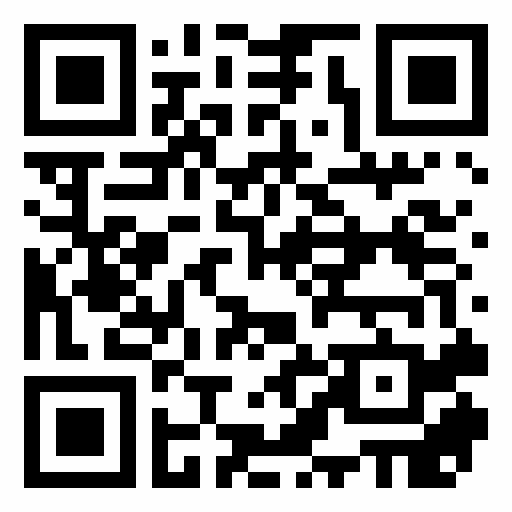Introduction: The aim of this study was to determine the relationship between spiritual intelligence and ethical performance of nurses.
Methods: This is a cross-sectional study that was conducted in 2017 in educational hospitals of Jahrom University of Medical Sciences. 100 nurses were selected randomly. The main instrument for collecting data was two questionnaires; which were completed by nurses in anonymous form after receiving written consent. Ethical performance questionnaire of Dehqani nurses was used to assess the ethical performance. A formal validity and a qualitative and quantitative content (CVI: .89, CVR: .93, IS: 3.5) was calculated. Its reliability was calculated with the help of 10 nurses and by Cronbach's alpha (95). Spiritual intelligence questionnaire Abdollahzadeh was used to investigate spiritual intelligence. The formal and content validity was obtained with the help of five professors and its reliability was obtained 0.89 by using the Ray test. Data was analyzed by using SPSS19 software. Result: The average of whole the moral performance can not predict the total spiritual intelligence variations and the reliance on the inner core. But it could predict a sub-group of spiritual intelligence about 7.5%. Moral function sub groups with the help of multiple linear regression could predict 9.5% of whole the spiritual intelligence variations and predict 8% of variations in reliance on the inner cortex and 7/10% of variations in communication with the source of life. Conclusion: Moral performance has a direct relationship with spiritual intelligence, so that individuals with a high spiritual intelligence have the higher moral scores.
